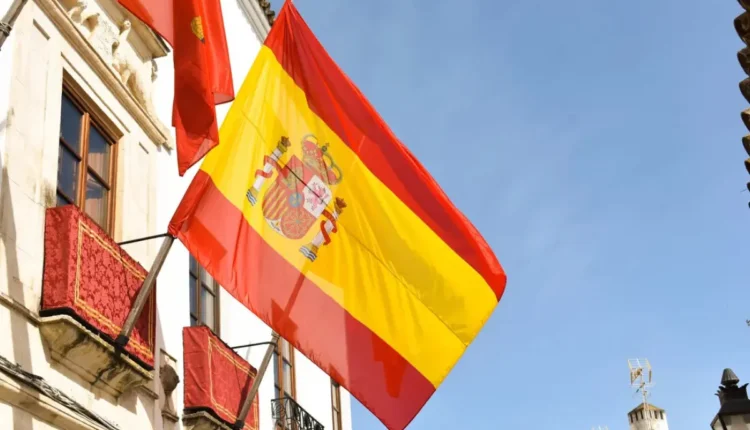Spain to Regularise 900,000 Migrants and Extend Job Seeker Visa Validity
Spain’s New Immigration Law: Bridging Labour Gaps and Supporting Migrants
Spain has unveiled transformative immigration reforms, signalling a decisive shift in policy to address labour market demands and support its economic growth. The changes include extending the validity of the job seeker visa and implementing large-scale regularisation programs for undocumented migrants.
Job Seeker Visa of Spain Extended to One Year
Under the revised Immigration Law, Spain’s job seeker visa will see its validity extended from three months to one year starting in 2024. This move is expected to provide foreign nationals with a longer window to secure employment, easing their transition to legal residency. The visa allows individuals to enter Spain solely for job searches, and upon securing a position, they can proceed with the necessary legal steps to remain in the country.
Elma Saiz, Spain’s Minister of Migration, stated, “This reform reflects our commitment to offering migrants realistic opportunities to contribute to Spain’s economy while ensuring humane and effective policies.”
While the exact implementation date has not been disclosed, experts predict the extension will be a significant step in addressing Spain’s labour shortages, particularly in sectors facing high demand for skilled and unskilled workers.
Regularisation of Undocumented Migrants
In a bold initiative, the country plans to regularise approximately 300,000 undocumented migrants annually through 2027. The policy aims to grant residence and work permits to around 900,000 migrants over three years. By focusing on integrating those already in Spain rather than recruiting foreign workers, the program seeks to create sustainable pathways for migrants to contribute to the workforce.
The plan targets three core areas: education, employment, and family reunification. These principles are central to the government’s strategy to address labour gaps while fostering social inclusion. Current statistics indicate that Spain needs an additional 250,000 workers to sustain its economy, highlighting the urgency of these reforms.
“This regulation opens doors that were previously closed by means of three keys: formation, employment, and family,” Saiz emphasized during the policy announcement.
Broader Immigration Policy Changes by 2025
The reforms don’t stop with job seeker visas and regularisation programs. Additional measures to the country’s immigration policies are set to take effect by May 2025. These changes aim to streamline pathways for legal residency, strengthen family reunification efforts, and align migration policies with labour market needs.
By focusing on inclusive strategies, Spain seeks to enhance its economic resilience while offering migrants humane opportunities for integration. The reforms align with a broader vision of using migration as a tool for economic and social growth.
Economic and Social Impact
The extended job seeker visa and migrant regularisation are expected to create a ripple effect across the country’s economy. With more skilled and unskilled workers entering the workforce legally, sectors like agriculture, healthcare, construction, and technology will likely see a boost.
For job seekers, the changes offer hope and stability. The extended time frame for job searches reduces pressure and provides a fair chance for migrants to establish themselves in Spain.
Also Read:Toh Puan Umasundari Sambanthan: Advocate for Women’s Rights and Rural Development

